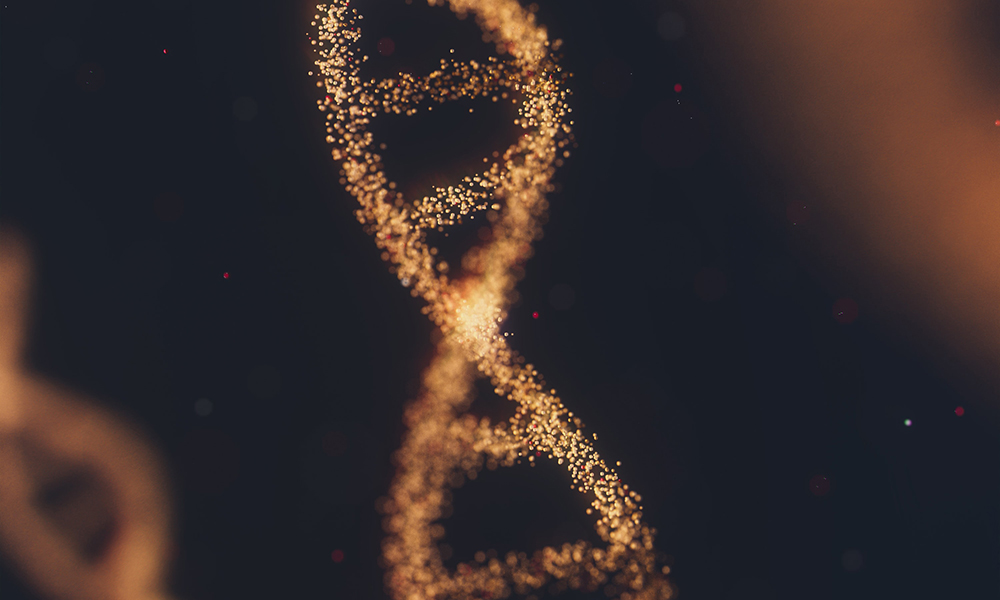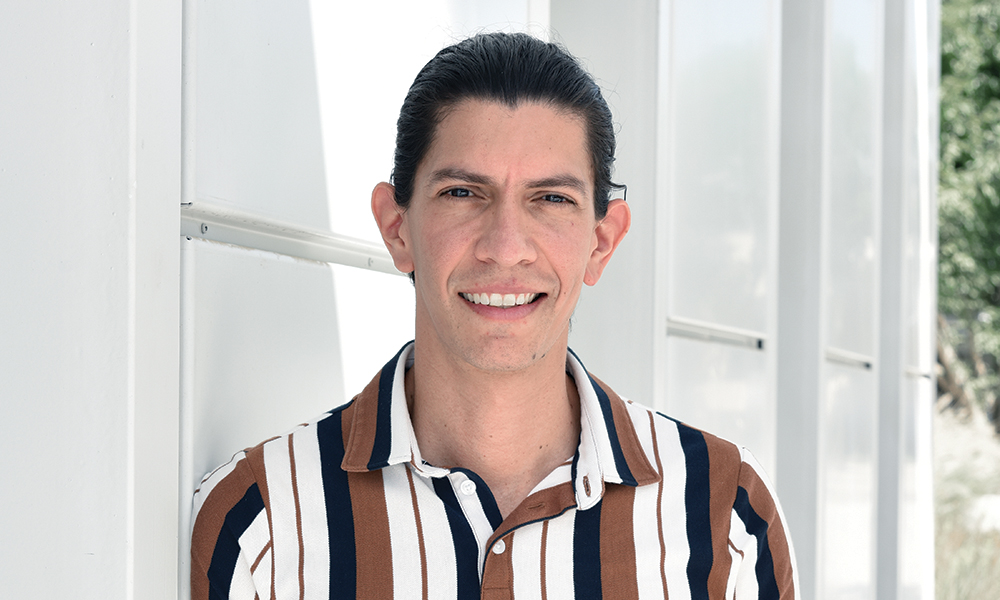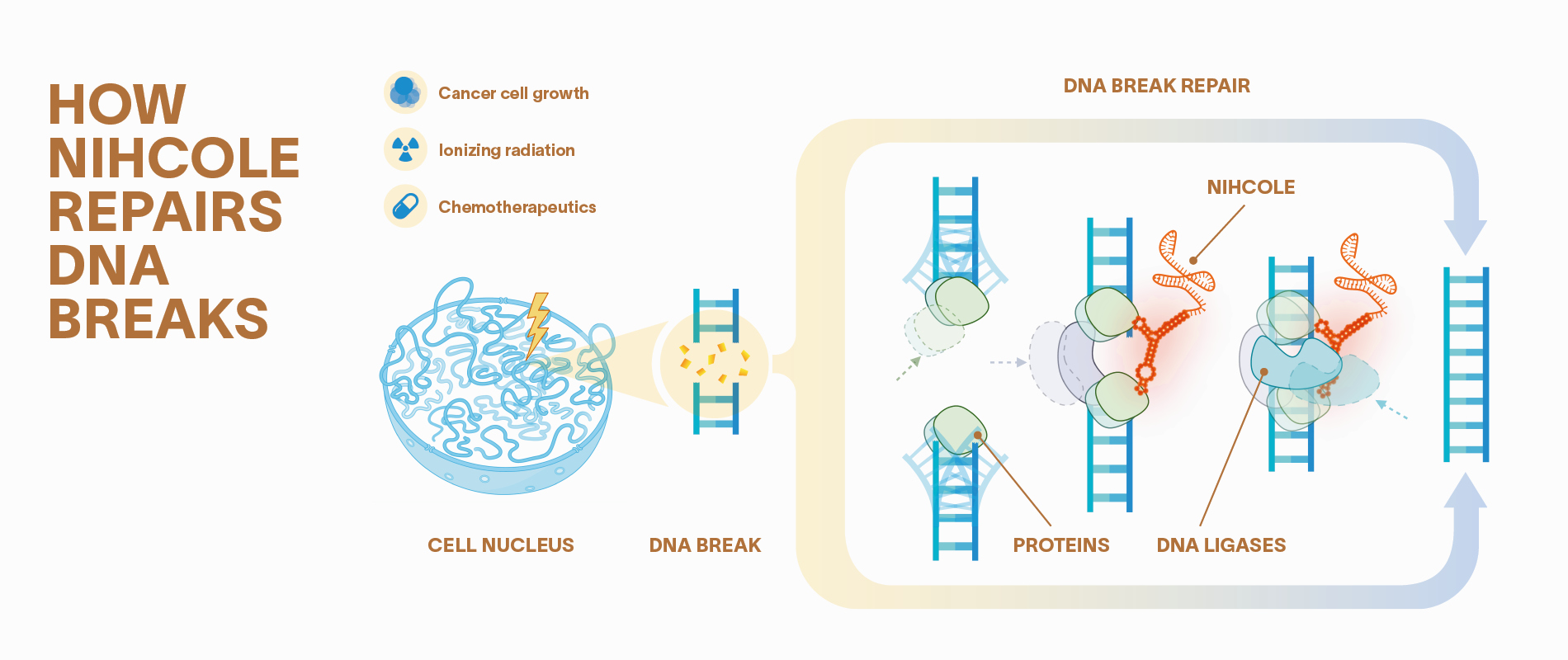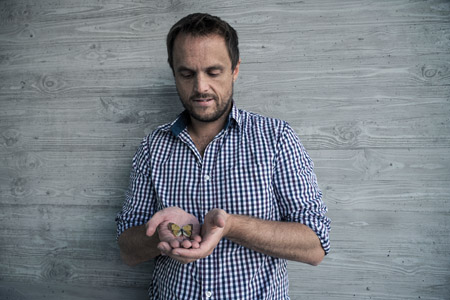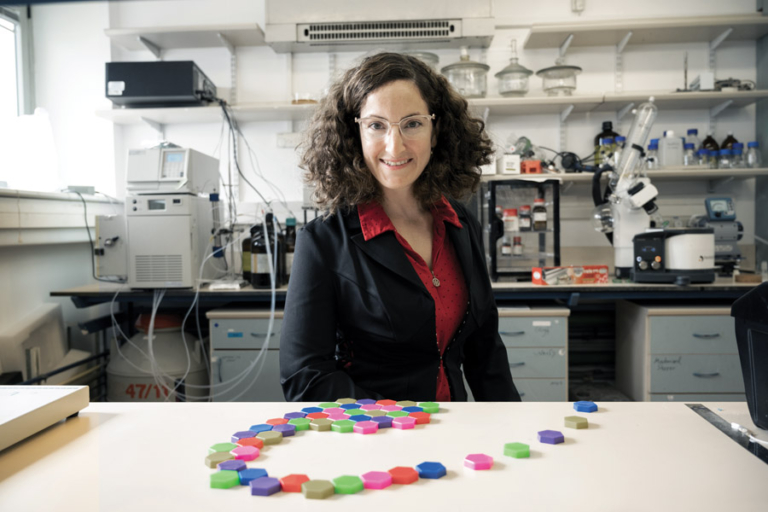The human genome contains three billion base pairs of DNA, but a mere one per cent of that produces proteins, the building blocks of cells. For a long time, scientists referred to the remaining 99 per cent as “junk DNA,” thinking that it consisted simply of meaningless genetic code. In recent years, however, it is becoming increasingly clear that many of these DNA sequences are far from disposable. Instead, they appear to be involved in a multitude of cellular processes. Much about how these sequences work remains unknown, but Juan Pablo Unfried is striving to uncover their secrets by studying this enigmatic side of the genome.
One of the biggest hints that the genetic sequences that do not encode proteins, which are also known as noncoding DNA, could be functional was the discovery around 10 years ago that approximately three-quarters of our DNA is transcribed into RNA. This is a resource-heavy process for the cell. “That’s when we started realizing that non-coding RNA isn’t junk,” says Unfried, a biomedical researcher and Azrieli International Postdoctoral Fellow at the Weizmann Institute of Science. “Otherwise, the cell wouldn’t invest so much energy into the production of these RNAs.”
